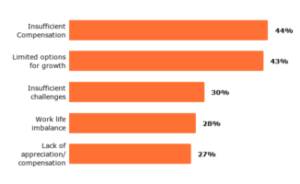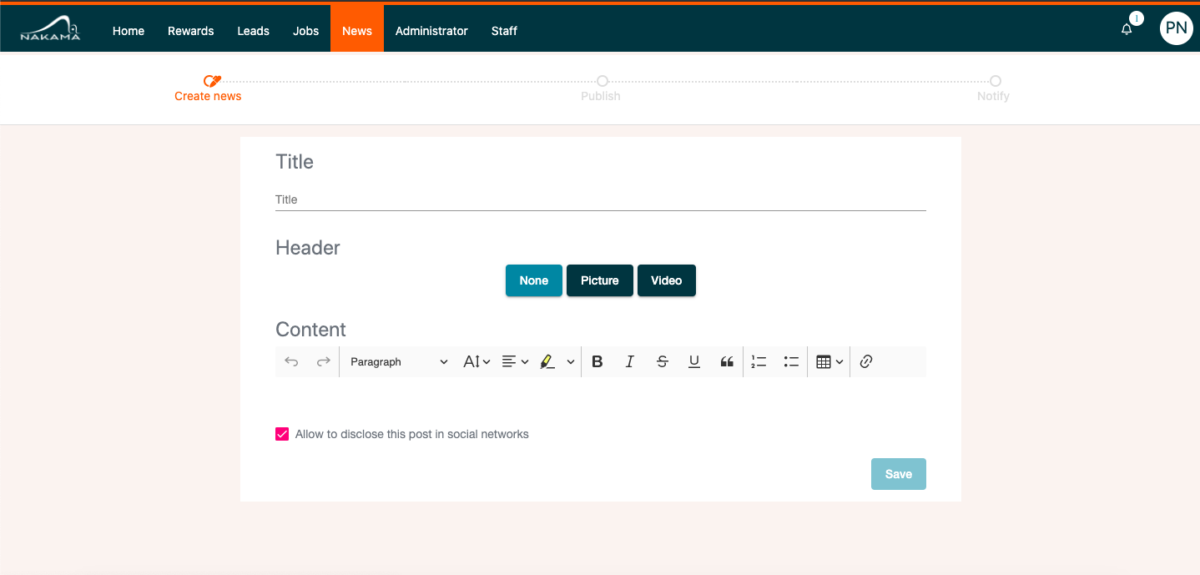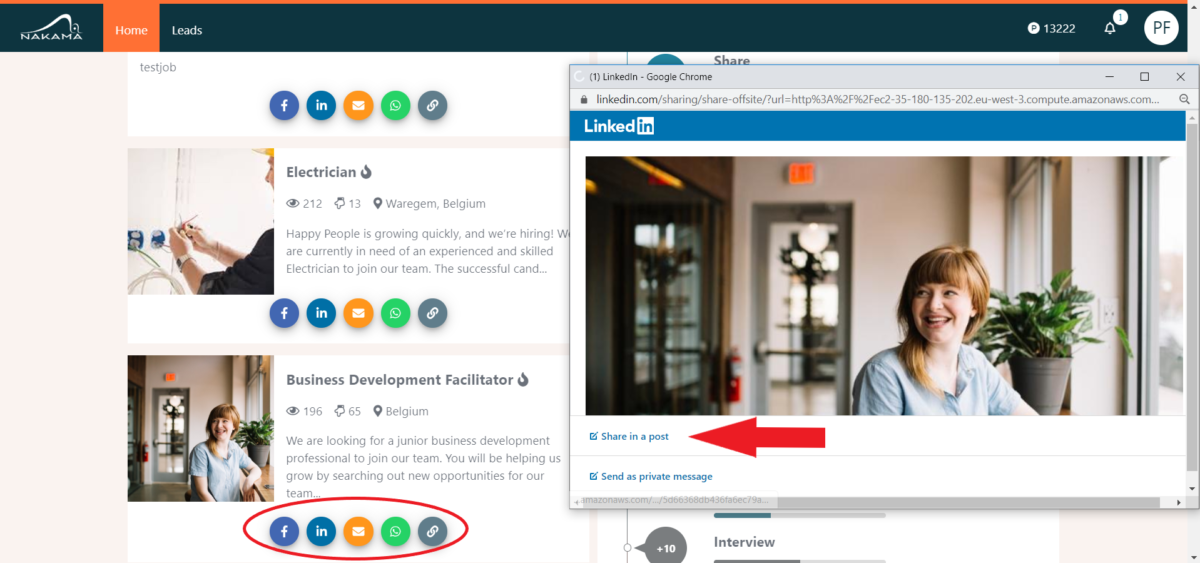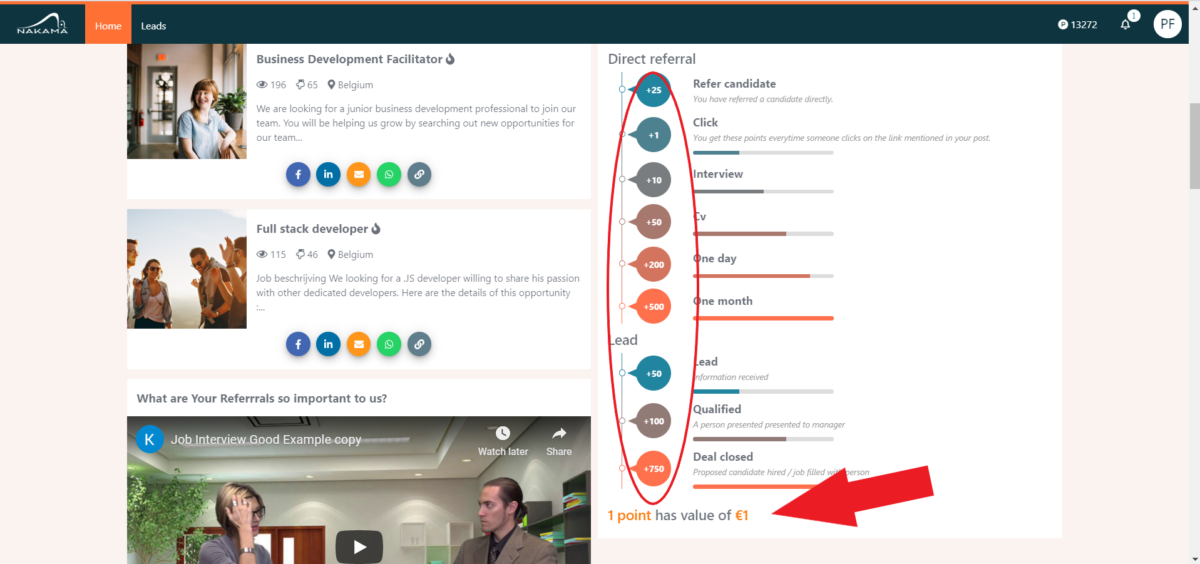
Results from the Randstad Study in 2018 on company leaving decisions.
What happens during a crisis? We experience a drop of bonuses/compensation, a lack of challenges and the disappearance of future perspectives (growth options). Unfortunately, it’s precisely in these categories that companies who are trapped under the pressures of the Corona Crisis lose out on. This is hugely frustrating for top employees who swear by the organization and the life of overachieving. They will use this crisis to reflect and make the decision to leave faster, in the search of new challenges & opportunities. Sure, white collar workers receiving a bonus are in a minority, but this one top performer almost always outperforms 4 other peers on average, thus generating the main chunk of income for a lot of companies.
The consequences of losing your star employees
To put it pretty bluntly, you’re company is going to be extending its own recession if it loses a big chunk of its productivity. As retention is not a main focus for many managers today, the lack of effort in this area is going to come back and bite them. The risk is real.
Batenborch, for example, already receives a remarkable number of calls from disgruntled employees who indicate that they want to change organizations. This displeasure stems from a sense of mismanagement and lack of support. If essential talent leaves, it can put a company at risk. It is precisely these high potential people that a company needs in difficult times and even more after the dust settles. I don’t think anybody wants an extended recession! So, let me show you some neat tips & tricks on how to keep your star performers!
Tips on how to keep your top talent
How do you prevent your highest producers from leaving?
Employee advocacy & employee referral recruitment should be a vital part of your retention policy. So what is Employee Advocacy? Employee advocacy is the promotion of an organization by its own staff. Employee referral is a strategic part of employee advocacy. A custom & digital Employee Referral Program, such as Nakama helps in the wake of a crisis (efficient & cheap recruitment), but also during one. Actively involving employees in the sourcing process sends out an important signal. You show them that you trust them.
How does it work?








